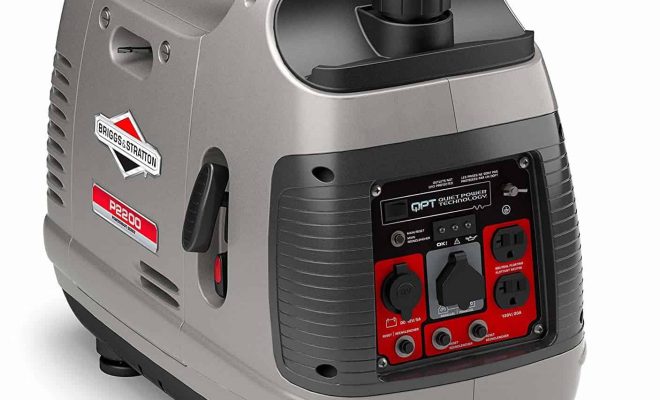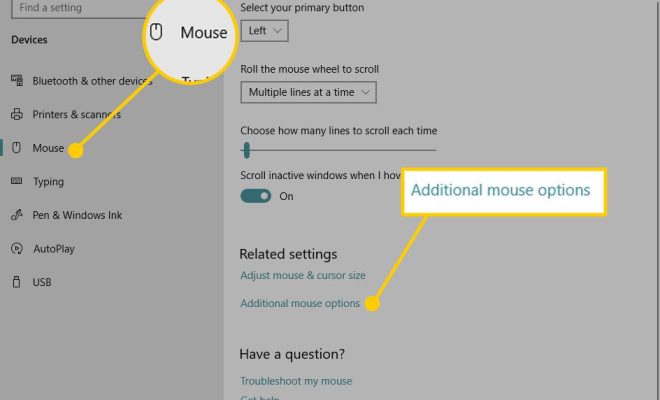What is a Server?

A server is a computer program or device that connects to a network to provide a service or function to another computer program or device. It acts as a central hub that functions as an interface for multiple clients, allowing them to access the resources they need to perform their desired tasks.
There are many different types of servers, each designed to provide specific services. Some of the most common types of servers include web servers, email servers, file servers, and database servers. Other types of servers include game servers, chat servers, and DNS servers.
Web servers, for example, provide web pages to users who request them through a web browser. Email servers handle email traffic and provide the ability to send and receive messages. File servers store files and enable users to access shared resources. Database servers store data and provide access to that data for other applications and users.
Servers can be either physical or virtual. Physical servers are physical machines that have their own hardware and resources, while virtual servers share hardware and resources with other virtual servers on the same physical machine. Virtual servers are becoming increasingly popular because they provide greater flexibility and cost savings, as multiple virtual machines can be hosted on a single physical machine.
Servers are an essential component of modern computing. They provide a way for businesses and organizations to centralize their data and services, making them available to users across a network. Without servers, the internet and modern computing as we know it today would not be possible.
In conclusion, a server is a computer program or device that connects to a network to provide a service or function to other programs or devices. They come in different types and, with the proliferation of cloud computing, can be physical or virtual. Servers are an essential part of modern computing and have revolutionized the way we do business today.






